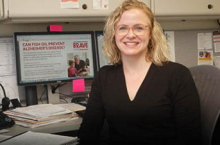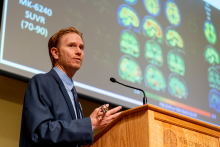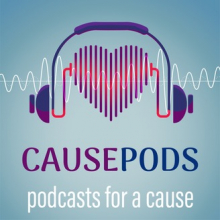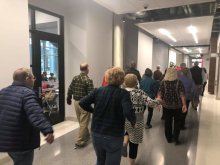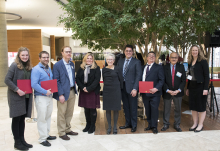
Two research participants who are involved in studies at the Wisconsin Alzheimer's Disease Research Center (ADRC), as well as center investigators and clinicians, were featured in a national clinical trials promotional campaign sponsored by the National Institute on Aging (NIA). The NIA released four campaign videos this week in celebration of Clinical Trials Awareness Week (May 13-17, 2019) and in anticipation of Clinical Trials Day (May 20, 2019). The video series, "Why I Participate in Alzheimer's...
